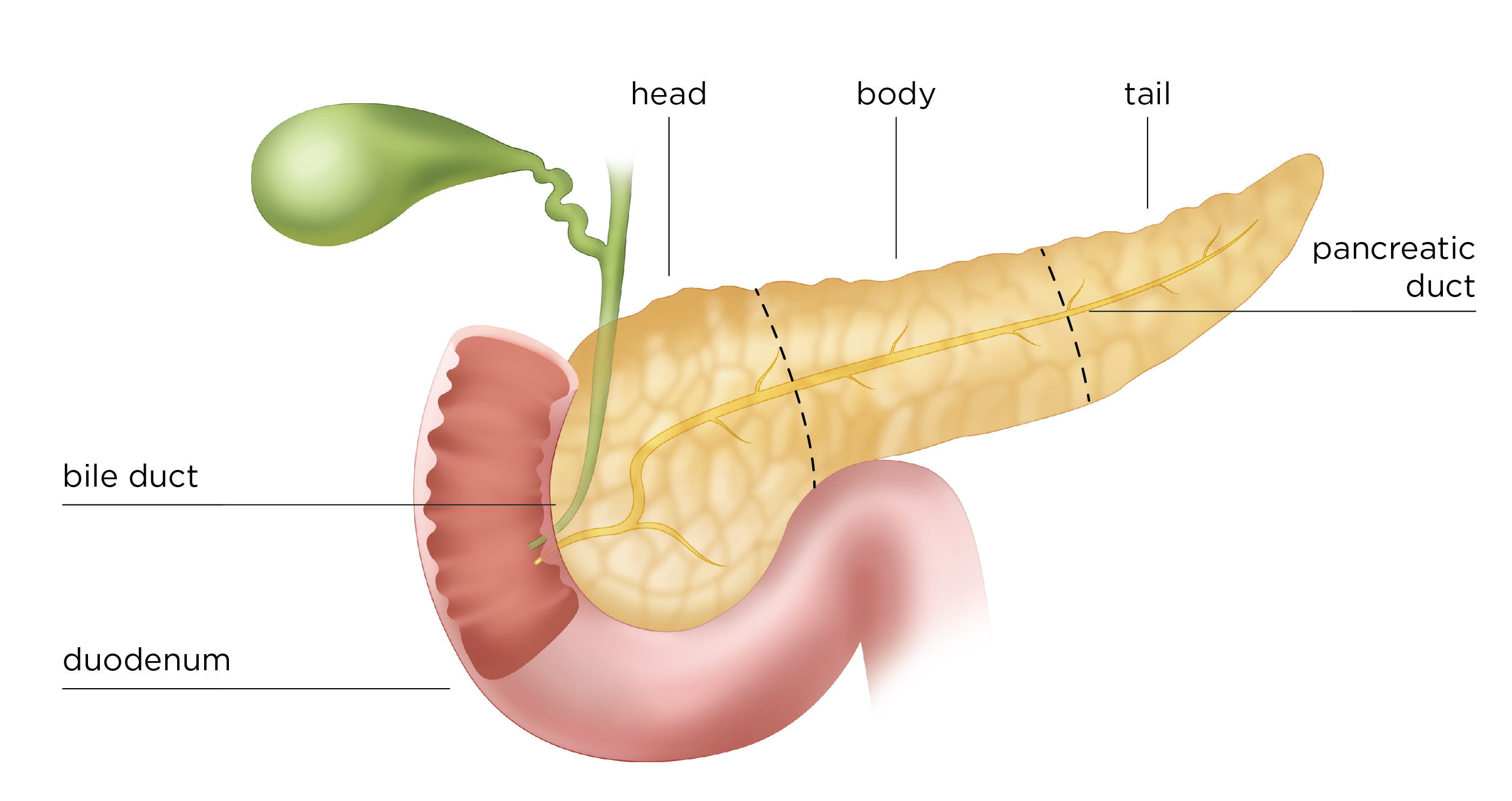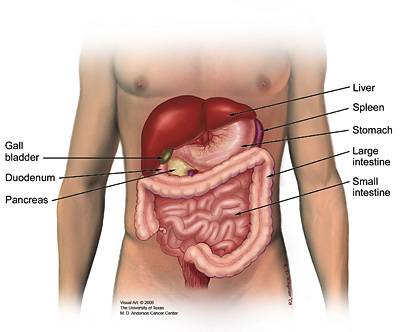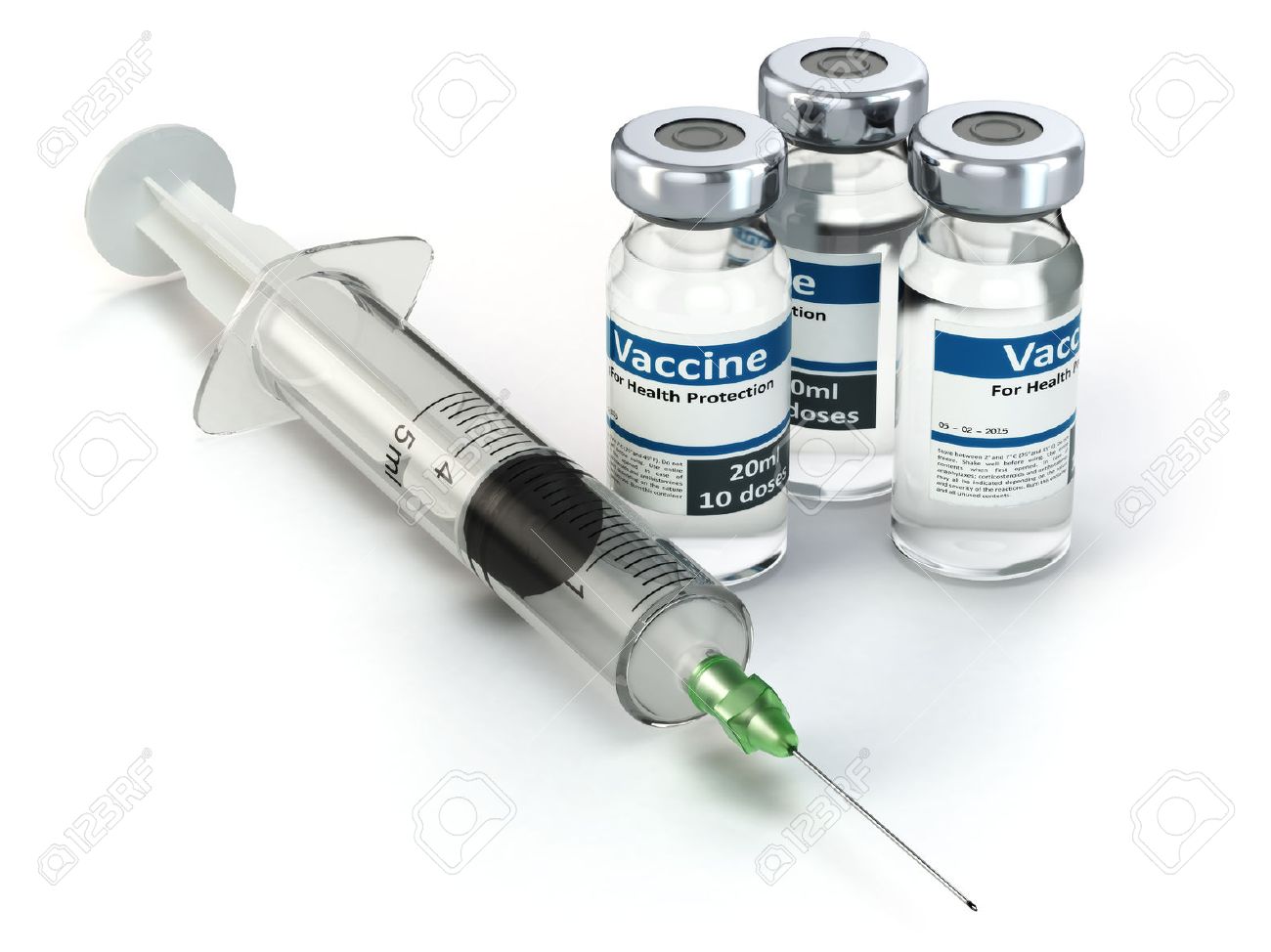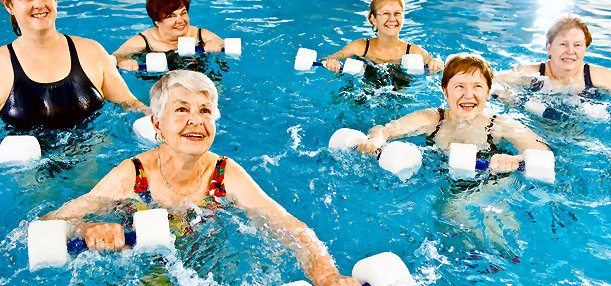|
|
||||||||||||||||
|
||||||||||||||||
|
Privacy Policy | Editorial Policy | Profit Policy | Join the Association | List of Members | Contact us | Index | Links |
||||||||||||||||
|
Back Go to page: 1 2 3 4 5 6 7 8 9 10 11 12 13 14 15 16 17 18 19 20 Forward
|
||||||||||||||||
|
Health and Life Style. |
||||||||||||||||
| Veterans and Veterans Families Counselling Service (VVCS) can be reached 24 hours a day across Australia for crisis support and free and confidential counseling. Phone 1800 011 046. VVCS is a service founded by Vietnam Veterans. |
||||||||||||||||
|
Contents:
Aquatic fitness - is it for you? Childhood vaccines, the answers |
||||||||||||||||
|
|
||||||||||||||||
|
The NSW Department of Health is conducting a survey to determine the strength and the spread of this year's flu epidemic. They have asked if you would help by filling in a survey once a week until the flu season has left us. The survey only takes a few seconds and won't interfere with your normal day to day routine.
Please go to the following link http://www.flutracking.net/join/inv26 click the JOIN NOW link and register.
Flutracking Survey Team Flutracking Australia HNELHD-Flutracking@hnehealth.nsw.gov.au phone: (02) 4924 6499 Hunter New England Population Health University of Newcastle Booth Building, Wallsend Health Campus Wallsend NSW 2287
|
||||||||||||||||
|
When a woman starts laughing during an argument, she's flipped her psycho switch and you should run! |
||||||||||||||||
|
|
||||||||||||||||
|
A young lady confidently walked around the room while leading and explaining stress management to an audience with a raised glass of water. Everyone knew she was going to ask the ultimate question, 'half empty or half full?'
She fooled them all .... "How heavy is this glass of water?" she inquired with a smile.
Answers called out ranged from 8 oz. to 20 oz.
She replied, "The absolute weight doesn't matter. It depends on how long I hold it. If I hold it for a minute, that's not a problem. If I hold it for an hour, I'll have an ache in my right arm. If I hold it for a day, you'll have to call an ambulance. In each case it's the same weight, but the longer I hold it, the heavier it becomes and that's the way it is with stress.
If we carry our burdens all the time, sooner or later, as the burden becomes increasingly heavy, we won't be able to carry on. As with the glass of water, you have to put it down for a while and rest before holding it again. When we're refreshed, we can carry on with the burden.
So, as early in the evening as you can, put all your burdens down. Don't carry them through the evening and into the night ... pick them up tomorrow.
Some words of wisdom!
And most importantly:
|
||||||||||||||||
|
EMBARRASSING MEDICAL EXAMINATIONS A man comes into the ER and yells . . .'My wife's going to have her baby in the cab.' I grabbed my stuff, rushed out to the cab, lifted the lady's dress and began to take off her underwear. Suddenly I noticed that there were several cabs - - -and I was in the wrong one. |
||||||||||||||||
|
|
||||||||||||||||
|
Pancreatic cancer begins in the tissues of your pancreas — an organ in your abdomen that lies horizontally behind the lower part of your stomach. Your pancreas releases enzymes that aid digestion and hormones that help manage your blood sugar.
Pancreatic cancer typically spreads rapidly to nearby organs. It is seldom detected in its early stages, but for people with pancreatic cysts or a family history of pancreatic cancer, some screening steps might help detect a problem early. One sign of pancreatic cancer is diabetes, especially when it occurs with weight loss, jaundice or pain in the upper abdomen that spreads to the back.
Treatment may include surgery, chemotherapy, radiation therapy or a combination of these.
Symptoms
Signs and symptoms of pancreatic cancer often don't occur until the disease is advanced. They may include:
When to see a doctor
See your doctor if you experience unexplained weight loss or if you have persistent fatigue, abdominal pain, jaundice, or other signs and symptoms that bother you. Many conditions can cause these symptoms, so your doctor may check for these conditions as well as for pancreatic cancer.
Causes.
It's not clear what causes pancreatic cancer in most cases. Doctors have identified factors, such as smoking, that increase your risk of developing the disease.
Understanding your pancreas
Your pancreas is about 6 inches (15 centimetres) long and looks something like a pear lying on its side. It releases (secretes) hormones, including insulin, to help your body process sugar in the foods you eat and it produces digestive juices to help your body digest food.
How pancreatic cancer forms
Pancreatic cancer occurs when cells in your pancreas develop mutations in their DNA. These mutations cause cells to grow uncontrollably and to continue living after normal cells would die. These accumulating cells can form a tumour which can spread to nearby organs and blood vessels. Most pancreatic cancer begins in the cells that line the ducts of the pancreas. This type of cancer is called pancreatic adenocarcinoma or pancreatic exocrine cancer. Rarely, cancer can form in the hormone-producing cells or the neuroendocrine cells of the pancreas. These types of cancer are called islet cell tumours, pancreatic endocrine cancer and pancreatic neuroendocrine tumours.
Risk factors
Factors that may increase your risk of pancreatic cancer include:
A large study demonstrated that the combination of smoking, long-standing diabetes and a poor diet increases the risk of pancreatic cancer beyond the risk of any one of these factors alone.
As pancreatic cancer progresses, it can cause complications such as:
Weight loss.
A number of factors may cause weight loss in people with pancreatic cancer. The cancer itself may cause weight loss. Nausea and vomiting caused by cancer treatments or a tumour pressing on your stomach may make it difficult to eat. Or your body may have difficulty processing nutrients from food because your pancreas isn't making enough digestive juices. Your doctor may recommend pancreatic enzyme supplements to aid in digestion. Try to maintain your weight by adding extra calories where you can and making mealtime as pleasant and relaxed as possible.
Jaundice. Pancreatic cancer that blocks the liver's bile duct can cause jaundice. Signs include yellow skin and eyes, dark-coloured urine, and pale-coloured stools. Jaundice usually occurs without abdominal pain. Your doctor may recommend that a plastic or metal tube (stent) be placed inside the bile duct to hold it open. This is done with the help of a procedure called endoscopic retrograde cholangiopancreatography (ERCP). During ERCP an endoscope is passed down your throat, through your stomach and into the upper part of your small intestine. A dye is then injected into the pancreatic and bile ducts through a small hollow tube (catheter) that's passed through the endoscope. Finally, images are taken of the ducts.
Pain. A growing tumour may press on nerves in your abdomen, causing pain that can become severe. Pain medications can help you feel more comfortable. Radiation therapy might help stop tumour growth temporarily to give you some relief. In severe cases, your doctor might recommend a procedure to inject alcohol into the nerves that control pain in your abdomen (celiac plexus block). This procedure stops the nerves from sending pain signals to your brain.
Bowel obstruction.
Pancreatic cancer that grows into or presses on the first part of the small intestine (duodenum) can block the flow of digested food from your stomach into your intestines. Your doctor may recommend a tube (stent) be placed in your small intestine to hold it open. Or surgery may be necessary to attach your stomach to a lower point in your intestines that isn't blocked by cancer.
Prevention. You may reduce your risk of pancreatic cancer if you:
|
||||||||||||||||
|
At the beginning of my shift I placed a stethoscope on an elderly and slightly deaf female patient’s anterior chest wall. ‘Big breaths,’ I instructed. ‘Yes, they used to be,’ Replied the patient.
|
||||||||||||||||
|
Childhood vaccines: Tough questions, straight answers
Do vaccines cause autism? Is it OK to skip certain vaccines? Get the facts on these and other common questions. Childhood vaccines protect children from a variety of serious or potentially fatal diseases, including diphtheria, measles, polio and whooping cough (pertussis). If these diseases seem uncommon, or even unheard of, it's usually because these vaccines are doing their job. Still, you might wonder about the benefits and risks of childhood vaccines. Here are straight answers to common questions about childhood vaccines.
Is natural immunity better than vaccination?
A natural infection might provide better immunity than vaccination, but there are serious risks. For example:
Vaccination can help prevent these diseases and their potentially serious complications.
Do vaccines cause autism?
Vaccines do not cause autism. Despite much controversy on the topic, researchers haven't found a connection between autism and childhood vaccines. In fact, the original study that ignited the debate years ago has been retracted. (See HERE)
Are vaccine side effects dangerous?
Any vaccine can cause side effects. Usually, these side effects are minor, low-grade fever, fussiness and soreness at the injection site and some might cause a temporary headache, fatigue or loss of appetite. Rarely, a child might experience a severe allergic reaction or a neurological side effect, such as a seizure. Although these rare side effects are a concern, the risk of a vaccine causing serious harm or death is extremely small. The benefits of getting a vaccine are much greater than the possible side effects for almost all children.
Of course, vaccines aren't given to children who have known allergies to specific vaccine components. Likewise, if your child develops a life-threatening reaction to a particular vaccine, further doses of that vaccine won't be given.
Why are vaccines given so early?
The diseases that childhood vaccines are meant to prevent are most likely to occur when a child is very young and the risk of complications is greatest. That makes early vaccination, sometimes beginning shortly after birth, essential. If you postpone vaccines until a child is older, it might be too late.
Is it OK to pick and choose vaccines?
In general, skipping vaccines isn't a good idea. This can leave your child vulnerable to potentially serious diseases that could otherwise be avoided. And consider this: For some children, including those who can't receive certain vaccines for medical reasons, the only protection from vaccine-preventable diseases is the immunity of the people around them. If immunization rates drop, vaccine-preventable diseases might once again become common threats.
If you have reservations about particular vaccines, discuss your concerns with your child's doctor. If your child falls behind the standard vaccines schedule, ask the doctor about catch-up immunizations.
|
||||||||||||||||
|
One day I had to be the bearer of bad news when I told a wife that her husband had died of a massive myocardial infarct (heart attack). Not more than five minutes later, I heard her reporting to the rest of the family that he had died of a 'massive internal fart.'
|
||||||||||||||||
|
Is a slow metabolism the reason I'm overweight?
Probably not! Although there is such a thing as a slow metabolism, it's rare, and it's usually not what's behind being overweight or obese — that's ultimately a result of interactions among genetics, diet, physical activity and other factors. Metabolism is the process by which your body converts what you eat and drink into energy. Even when you're at rest, your body needs energy for functions such as breathing, circulating blood and repairing cells. The energy your body uses for these basic functions is known as your basal metabolic rate.
Several factors determine your basal metabolic rate:
Body size and composition.
If you weigh more or have more muscle mass, you'll burn more calories, even at rest. People who weigh more are more likely to have a faster basal metabolic rate, not a slower one, because a portion of excess weight is muscle tissue.
Sex. Men tend to have less body fat and more muscle mass than women of the same age and weight. Again, higher muscle mass means burning more calories.
Age. As you get older, your muscle mass decreases, which slows down the rate at which you burn calories.
Rather than slow metabolism, factors more likely to contribute to weight gain include:
If you're concerned about slow metabolism and your weight, talk to your doctor about healthy changes you can make, and if you still think you have slow metabolism, your doctor can check your metabolism or check for rare conditions that can cause problems with metabolism and weight, such as an underactive thyroid (hypothyroidism), Cushing syndrome or polycystic ovary syndrome (PCOS).
JUST for you Sambo.
|
||||||||||||||||
|
During a patient's two week follow-up appointment with his cardiologist, he informed me, his doctor, that he was having trouble with one of his medications. 'Which one?’ I asked. 'The patch.' 'The Nurse told me to put on a new one every six hours and now I'm running out of places to put it!' I had him quickly undress and discovered what I hoped I wouldn't see. Yes, the man had over fifty patches on his body! Now, the instructions include removal of the old patch before applying a new one.
|
||||||||||||||||
|
Ready to get in on the aquatic fitness movement?
Swimming pools aren't just for laps anymore. Popular water workouts build strength and flexibility in fun classes or on your own.
Welcome to the swimming pool, the great equalizer, a place where people of all ages and abilities can get a fun workout and we're not just talking swimming laps. Swimmers and non-swimmers alike are heading to the pool for exercise that ranges from gentle aerobics to heart-pounding boot camp workouts.
The health and wellness experts from the Mayo Clinic Healthy Living Program recommend using the pool to explore both aerobics and resistance training. You'll quickly discover these two pool-centric secrets.
Water is more resistant than air
Water is significantly denser than air — by almost 800 times. That means you can build muscle strength as you move through water. One study found that a long-term water exercise program was actually more effective than working out on land to build muscle strength.
Water buoyancy protects your joints and provides support
Water workouts are popular with all age groups. They're especially helpful for anyone recovering from surgery or an injury. The pool offers a safe spot to keep moving, just pick your favourite aerobic activity, or join a class. Heated pools are a plus: They'll help warm up your joints and muscles quickly. People with chronic illnesses and those with joint problems may really benefit from time in the pool, too. Research has shown that joint-friendly aquatic exercise can improve physical functioning in adults over 50.
Common water aerobic exercises include:
Water workout gear
Aerobic water classes usually include basic pool gear. Your local pool may also provide major equipment like water treadmills, bikes and elliptical machines. You can also buy gear to help amp up the effectiveness of your time in the pool.
The more you explore water workouts, the sooner you'll zero in on your favourite activities. Whatever your choice, the research says you'll reap health benefits that can include added strength and flexibility, improved cardio fitness, and even weight loss. Maybe it's time to join the aqua fitness movement?
|
||||||||||||||||
|
While acquainting myself with a new elderly patient, I asked, 'How long have you been bedridden?' After a look of complete confusion she answered, 'Why, not for about twenty years - when my husband was alive.' |
||||||||||||||||
|
|
||||||||||||||||
|
|
||||||||||||||||
|
|
||||||||||||||||
|
|










